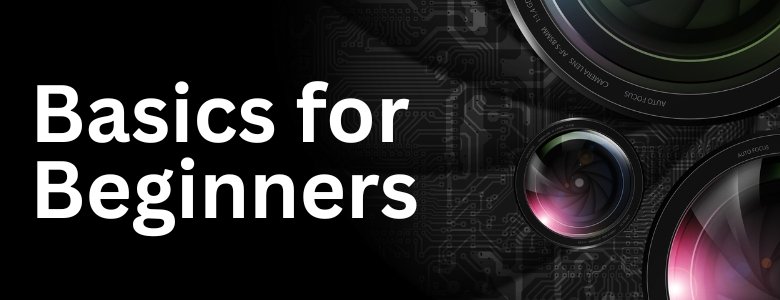Basic for Beginners
- Category - Free
- Episodes - 4
- Speaker - Rishi
- No Comments
Handling the instrument is the easier part. From the very start a photography learner should focus on building his/her unique vision. The structural ideas of photographic composition to the basics of visual art theories – listen to this comprehensive podcast series and get ready for the next level.

Basic for Beginners
- Category - Free
- Episodes - 4
- Speaker - Rishi
- No Comments
The podcast is aimed at photographers who have just started your visual journey with photography. Get familiar with the basics of the game – it’s not about the camera and lens. You can find enough articles on camera and lens. The discussions here will cater to deep understanding of photography medium.
Handling the instrument is the easier part. From the very start a photography learner should focus on building his/her unique vision. The structural ideas of photographic composition to the basics of visual art theories – listen to this comprehensive podcast series and get ready for the next level.
Episodes
1. The Body and Mind of an Image
In a way, you may say a Photograph has all the features similar to a living creature. After birth, it grows, takes different shapes, evolve and eventually fades into oblivion. From this perspective, the image has a structure and a communication to convey. If you can build authority over these two distinct aspects, you are into photography.
2. Basics of Visual Communication
Communication is the final goal of a photograph. However, it may or may not be any predefined communication. Often it’s just a question without an answer, a search. Like any other language, the communication through photographs has it’s own grammar and colloquiality – formal or informal ways. [Coming Soon…]
3. The SEVEN ELEMENTS
These are the core elements of visual structure. And of course the pillars for the communication to be built on. It’s a classic structural analysis but was not completely perceived in the classic age. It’s only the post-modern era when these elements got prominent. [Coming Soon…]
4. Denotation and Connotation
The communication in a photograph is completely dependent on its visual. However, in contemporary forms we are continuously trying to break this boundary. In classic representation the structural or bare visual meaning of the image is called ‘Denotation’ and the implied meanings or the meanings generated from the visual is known as ‘Connotation’. [Coming Soon…]
Related Shows

Post Modern Art Theories
According to Western Art Theories, we are living in Post-modern era. From a bird’s eye view the demarcation of western art timeline is divided into three distinct ages – Classic, Modern and Post-Modern. Modernity in western art circle starts to begin in later half of 19th century. The start of 20th century can be marked as a milestone to understand the evolution. From mid of 20th century the ideas started to take a deep turn again. This time it reshapes the ideas of modernity as thus called post-modern age.
Post-modernity is an important step towards the basic ideas of art. Due to the unstructured nature, its a little hard to conceive at first. The communication through a photograph is redefined in many ways in post-modern ideas of art. The ideas like Deconstruction and Discourse changes the thought process of art making from the core.

The Professional Approach
Professionalism starts with an approach. There is no rulebook for what counts as professional and what is not. However, you must understand you are providing a service through your art. For professionals, it’s more than just capturing an effective image. It goes further to client relation, retention planning and team management. Let’s deep dive into the world of professional photography.
This podcast is aimed at Enthusiast to Professional level photographers. Beginners may find it a little hard at times. However, beginners are encouraged to listen to this podcast if you are planning to get your hands dirty at applied photography – commercial photography as it is commonly known.


